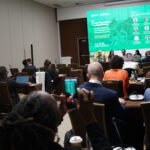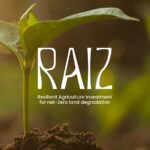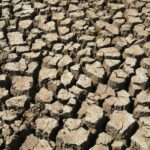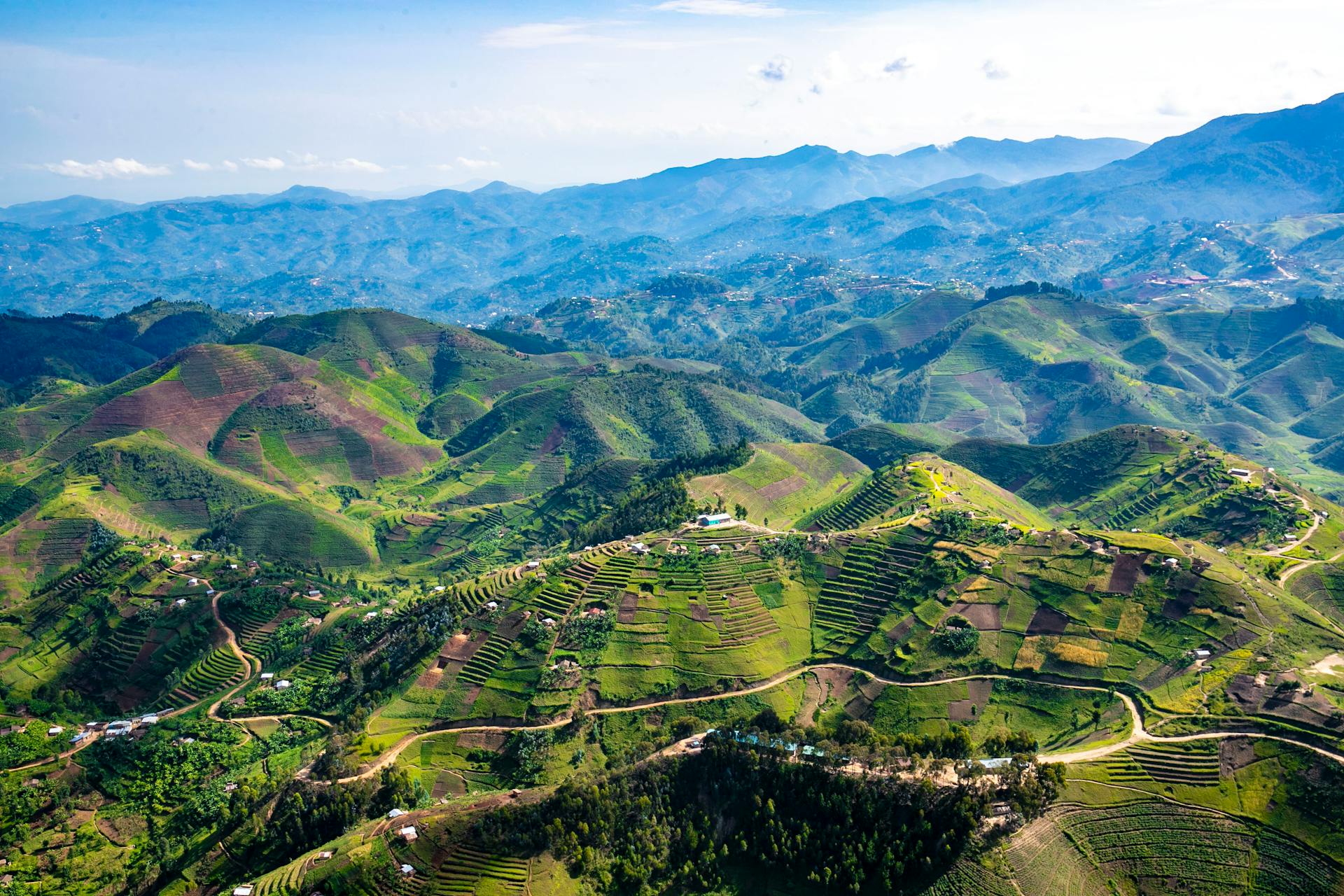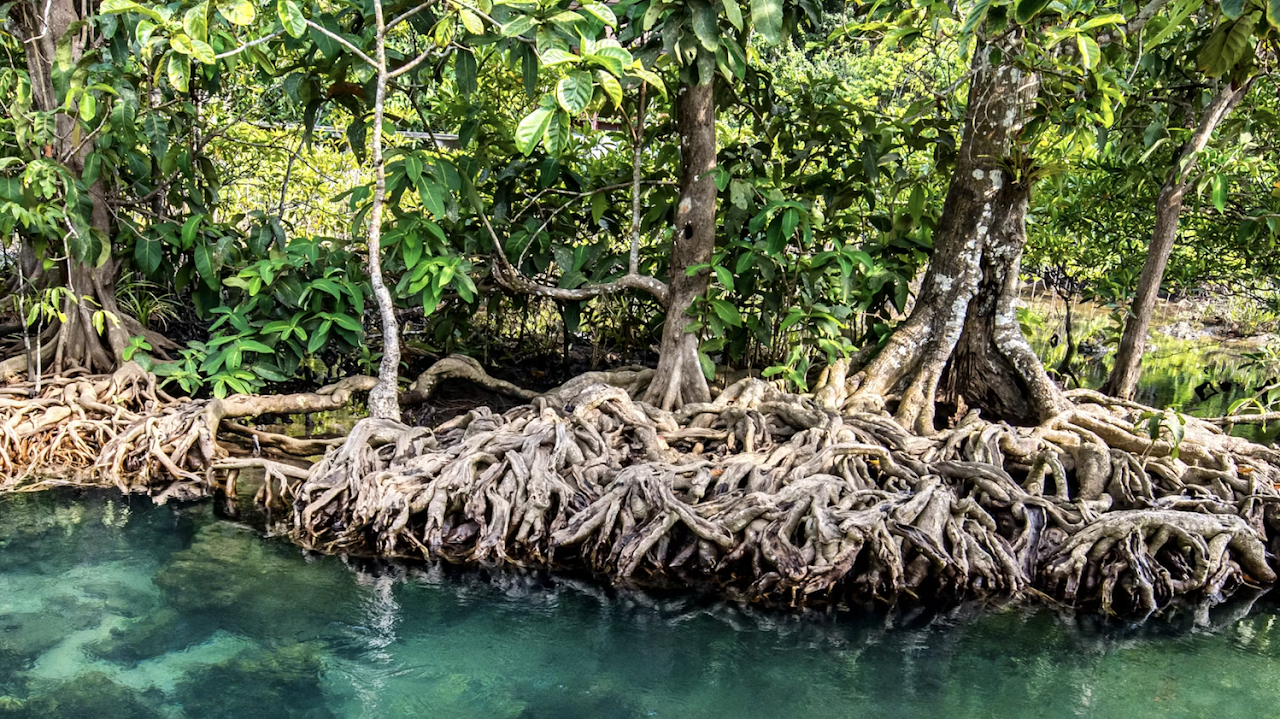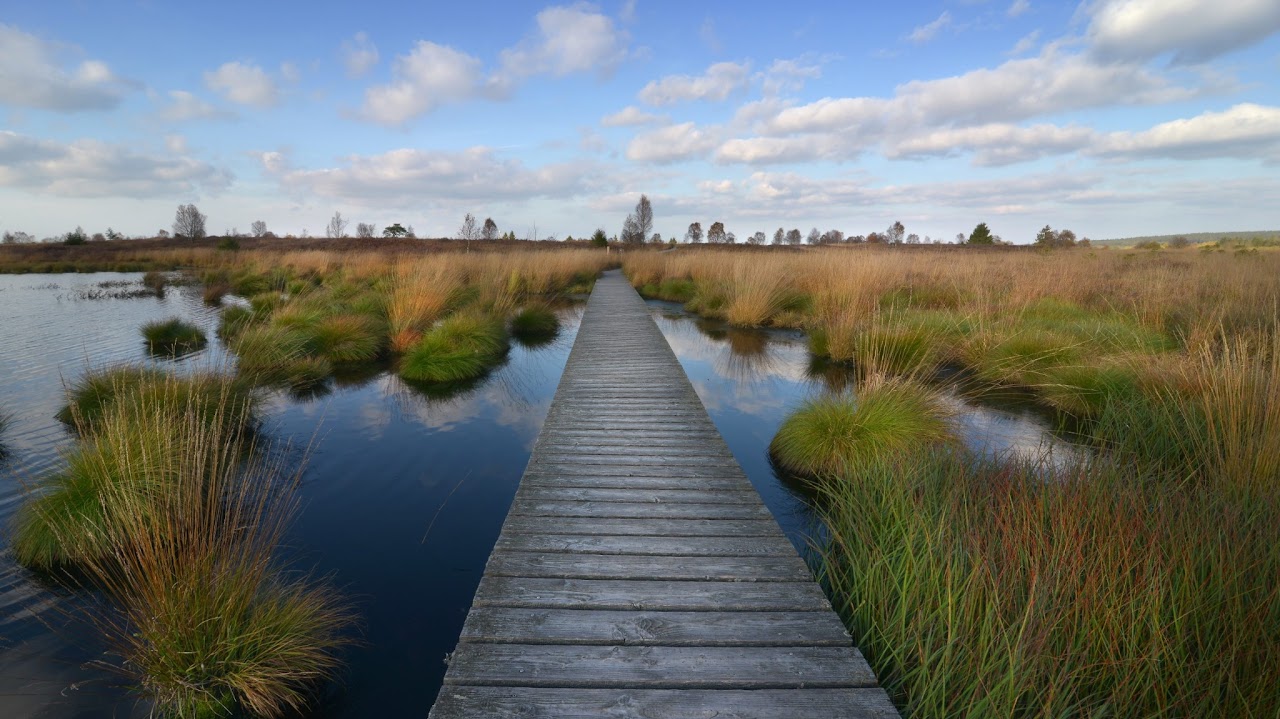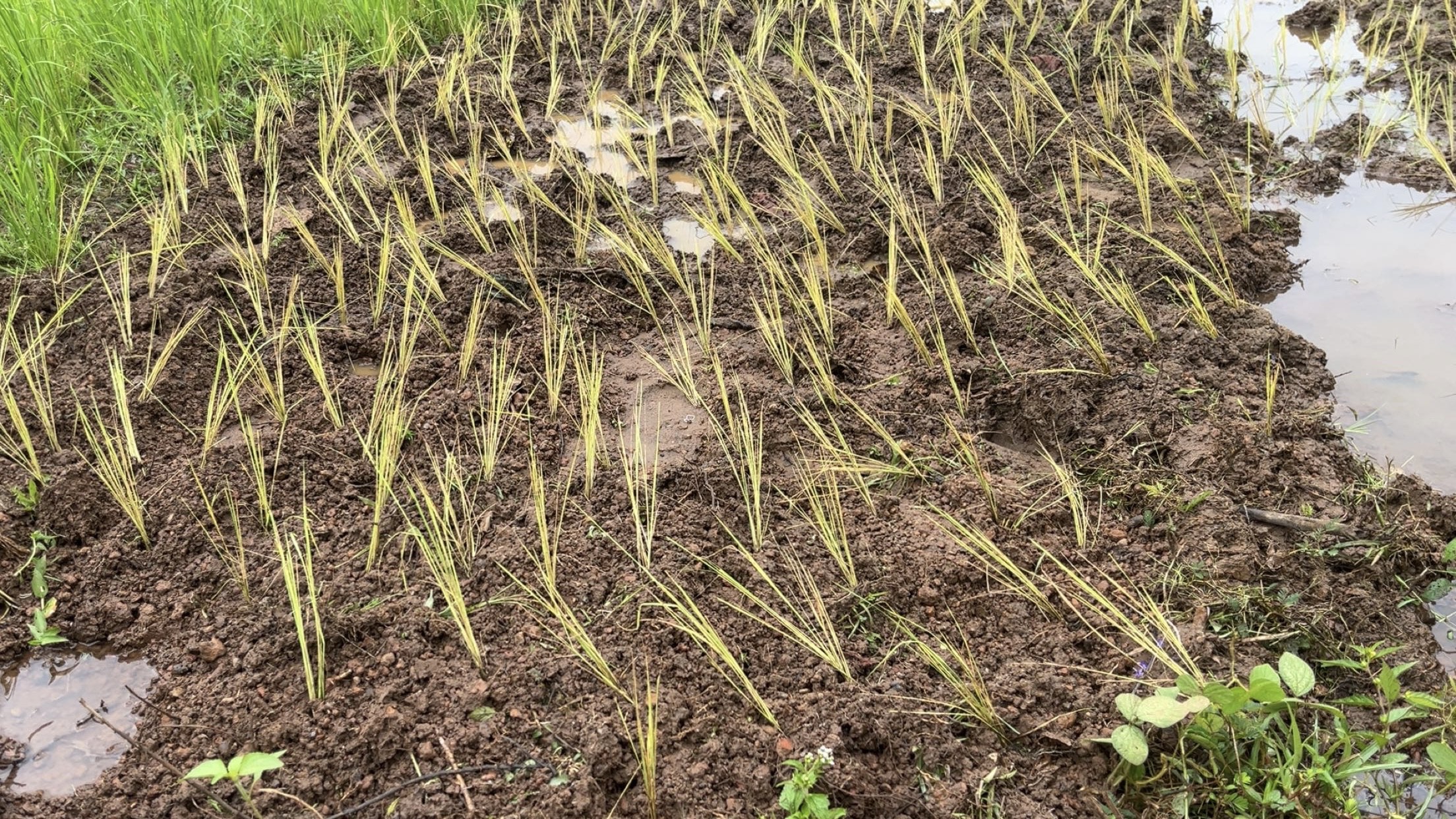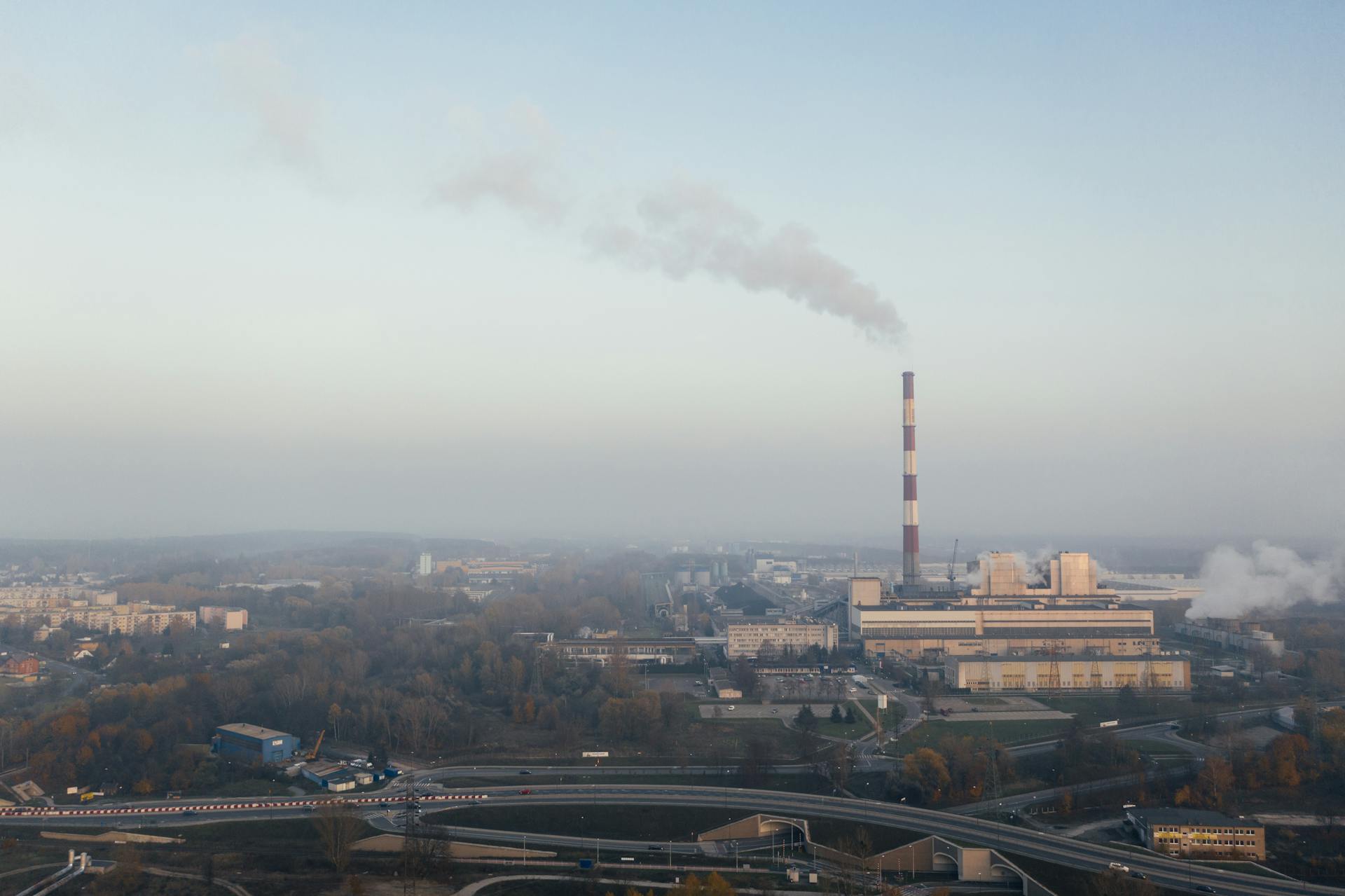Highlights from the Roundtable on Gender Issues in Post-Mining Land Restoration

Experience of restoration of mined areas by woman from Southern Africa
UNCCD’s G20 Global Land Initiative (GLI), in collaboration with Ghana’s University of Mines and Technology in Tarkwa (UMaT), the International Federation of Surveyors (FIG) and local non-governmental organization COLANDEF, held a roundtable on gender issues in post-mining land restoration on 16-18 May 2024 in Takoradi, Ghana.
The 35 experts from 10 countries including Tanzania, Colombia, United Kingdom, Australia, Germany, Nigeria, DRC, Ghana, Cameroon and India examined the intersection of gender and sustainable land management.
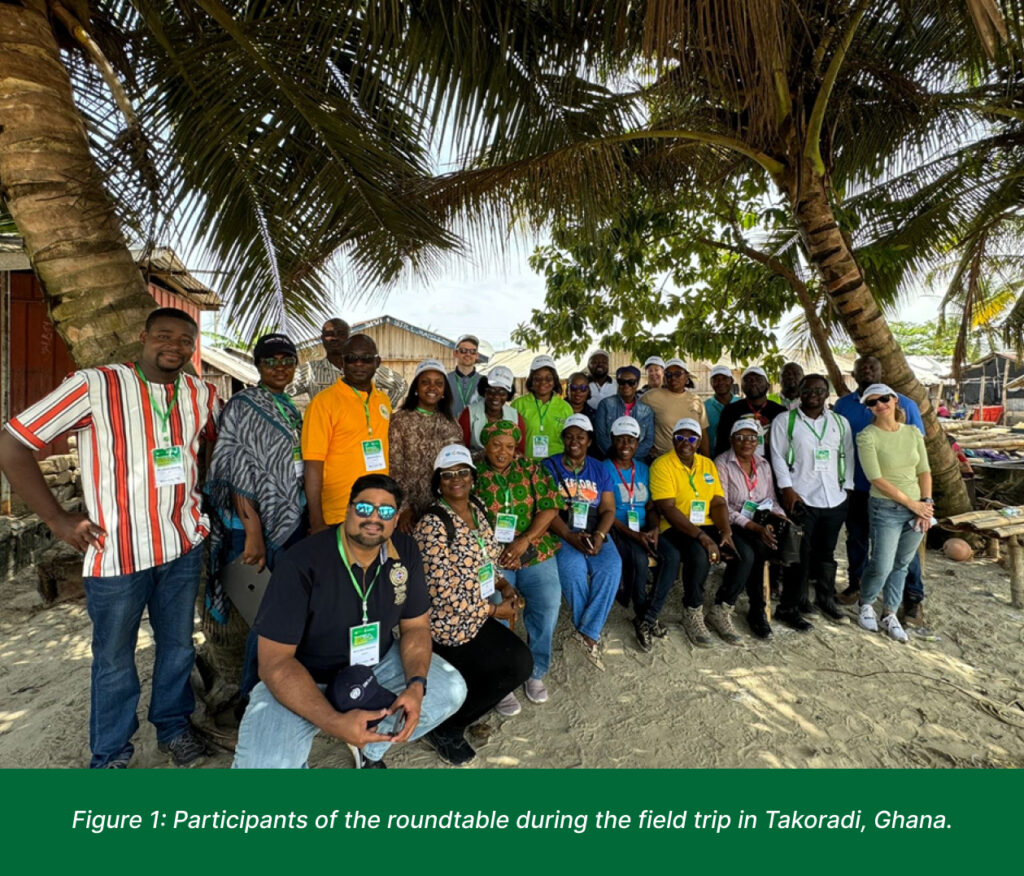
A key focus of the roundtable is how to foster a more inclusive approach in post-mining land restoration, particularly gender equality and the empowerment of women.
Professor Iyenemi Kakulu, GLI’s senior gender expert, presented the event’s key objectives by highlighting the connection between the successful implementation of post-mining land restoration efforts and gender issues, such women’s land rights, women’s access to land and women’s empowerment.
The roundtable provided an opportunity for an exchange of insights and ideas as well as the challenges faced on how to recognize and address gender issues, including livelihoods challenges, in post-mining land restoration.
(Listen to some of the insights shared by women about the challenges of restoring small mines; )
The roundtable created opportunities for participants to learn about the gender perspectives and roles of women in land restoration, to appreciate biodiversity conservation and to promote environmental awareness and education.
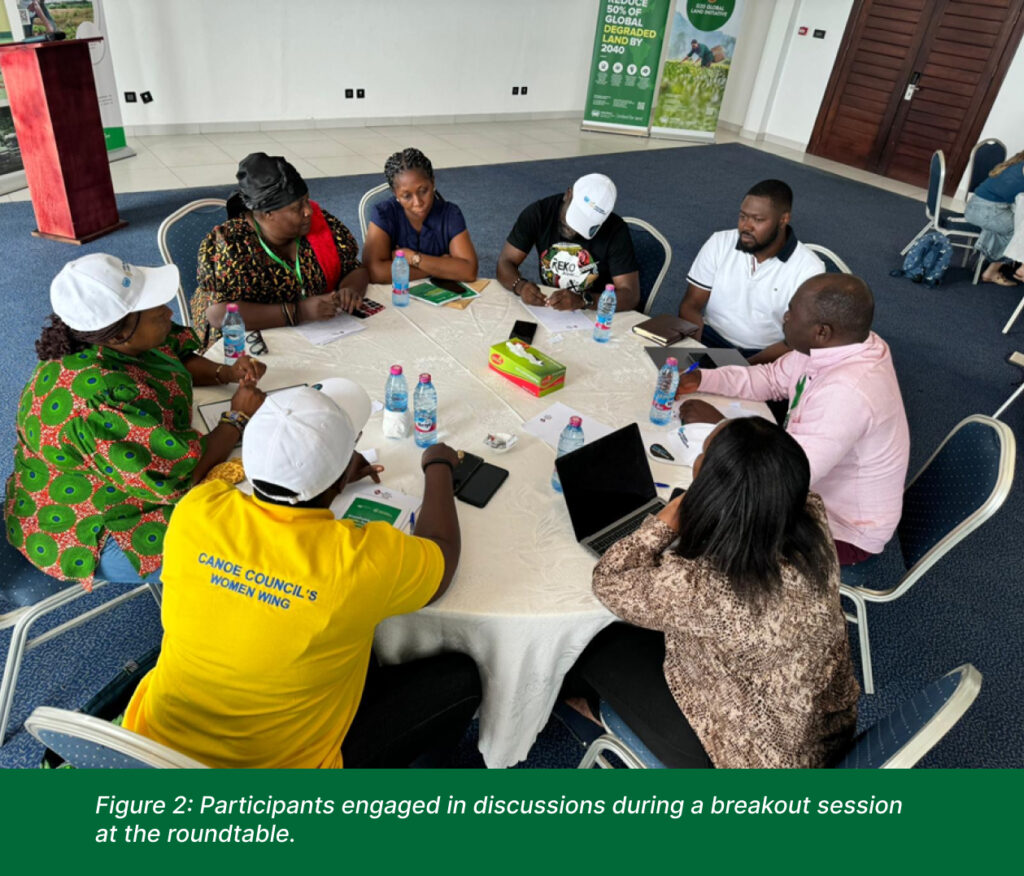
The Ankobra River receives contaminated water from a cluster of Artisanal Aluvial Mines. This discolouration is visible at the point where the Ankobra River discharges into the Gulf of Guinea
The importance of environmental restoration in mitigating the harmful effects of artisanal and small-scale mining (ASM), which impacts many women in mining and in local communities, was also discussed.
Participants underscored the need for comprehensive restoration efforts to address soil erosion, water pollution and deforestation caused by mining activities.
Participants explored various restoration techniques and procedures with the potential to support healthy ecosystems and prevent environmental degradation.
Restoring biodiversity in abandoned mining sites to counteract habitat destruction and contamination was also discussed.
Experts highlighted the ecological consequences of biodiversity loss and the role restoration projects, such as reforestation and wildlife conservation, play. Discussants emphasized that promoting gender-responsive sustainable land use practices would ensure long-term environmental sustainability and support biodiversity conservation efforts. Participants
- Stressed the importance of raising awareness and promoting education to achieve positive outcomes in abandoned mining sites;
- discussed the role of stakeholders in educating the public about environmental issues, promoting sustainable and inclusive practices and providing training in environmental protection methods; and
- Explored strategies to promote gender equality while creating a more environmentally conscious society and contributing to the sustainable management of natural resources.
The roundtable participants visited the Adiewiso mining site in Ghana’s Western Region and the Ankobra River where they saw first-hand the environmental, social and economic impacts of illegal small-scale mining. The visits reinforced their view of the need for robust restoration and conservation efforts to mitigate the adverse effects of mining on local communities and ecosystems.
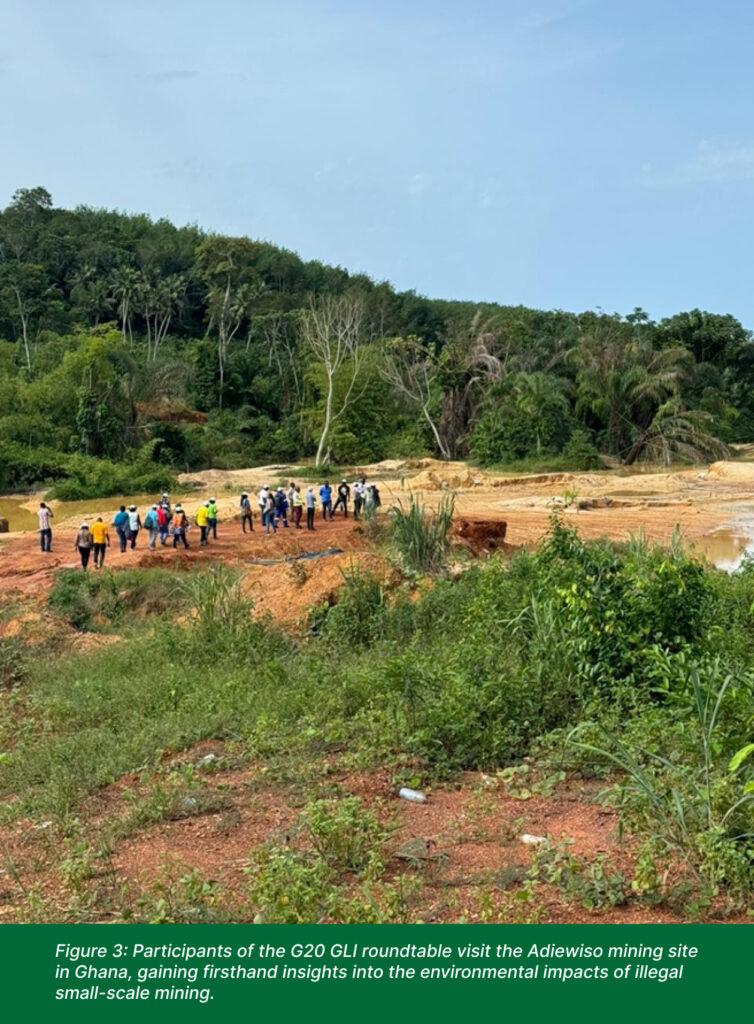
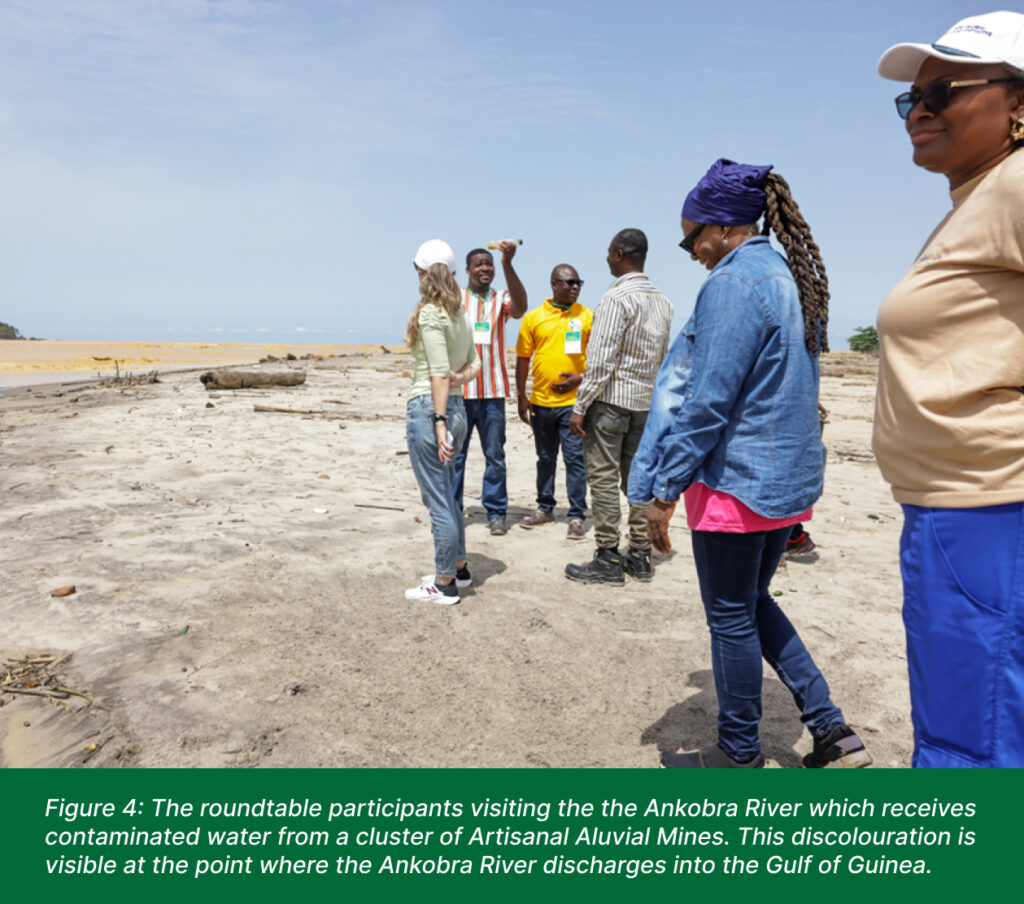
The G20 GLI roundtable on gender issues successfully highlighted the critical role of women in sustainable land management. The insights gained from this roundtable will be published as a report later this year to inform future efforts to promote gender equality in the sector and in the broader Sustainable Development Goals.
